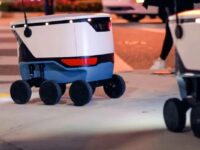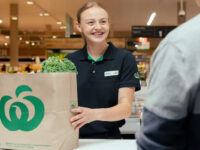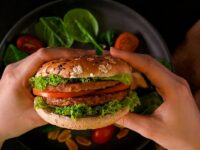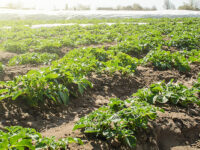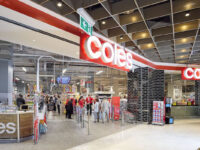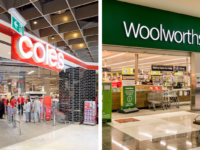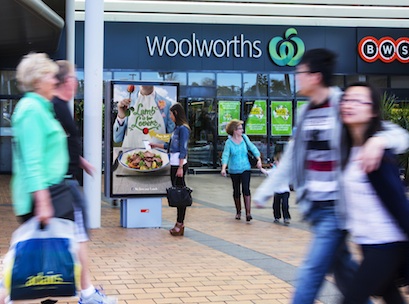 Woolworths’ long-suffering shareholders may well be asking the newly appointed CEO, insider insider Brad Banducci, if Friday marked the nadir of the company’s woes. The answer, sadly, is probably not.
Woolworths’ long-suffering shareholders may well be asking the newly appointed CEO, insider insider Brad Banducci, if Friday marked the nadir of the company’s woes. The answer, sadly, is probably not.
The Masters disaster has been well documented and last week Woolworths tried to quantify the cost of this massive blunder at A$3.25 billion. The real problem, however, lies in the damage done to the rest of the business by this massive strategic and financial distraction, but also in the very real changes in the market for groceries, where Woolworths has traditionally made its profits. On every front, the news continues to be bad.
Stripping out the losses from the Masters joint venture attributable to Woolworths shareholders, every relevant metric reported by Woolworths is pointing down. Food and liquor sales growth are behind general price inflation – thus declining in real terms. More importantly, margins are down significantly in this key element of the business such that EBIT in food, liquor and petrol is down a whopping 31.7 per cent.
Curiously, Woolworths choose to combine its group EBIT for food, liquor and petrol (down by about A$600 million), while separating the sales figures (up by A$147 million and down by A$787 million). The management correctly noted that declining sales in petrol can be partly explained by lower petrol prices, and changes in the Caltex alliance, but a real question remains regarding just how profitable the individual businesses of petrol and food and liquor retailing actually are. The decline of comparable (like for like) petrol sales volumes of 2 per cent raises serious questions about Woolworths’ growth strategies and future profitability in petrol.
It’s the margins and costs of doing business reported on Friday in the main business of groceries that should be of real concern to shareholders. Basically, margins report the difference between sales and the costs of goods sold while costs of doing business reflect staffing, rent, administration and most else. Both are moving strongly in the wrong way.
Put simply, for every A$100 trolley of groceries (and petrol) Woolworths sold in the equivalent prior period in 2014, the goods cost it A$74.54. This most recent period those goods cost it A$75.09. It cost Woolworths A$18.03 to sell those goods previously – most recently it cost the company A$19.70. Taken together then, for that A$100 trolley of goods, it made a profit of A$7.43 in the last half of 2014, while a year later it made only A$5.21.
Competition crunch
Returning to the question asked at the head of this article – are better times ahead? The answer is almost certainly not. A key driver of declining margins has been Aldi, a firm that is accelerating its rollout. Aldi has recently opened in South Australia, with Western Australia next.
Aldi’s success may well spur other global retailers to try their luck in Australia – in Europe firms like Lidl and Carrefour have similar global sourcing and operational capabilities that could readily extend to new Australian operations.
Woolworths’ response to the changing market conditions has been less than impressive, albeit understandable when you consider its history. Once a comfortable member of one of the world’s most cosseted grocery duopolies, Woolworths developed large format stores that had vast ranges of goods that it sold at fat margins. It was a high cost and high margin model that left frustrated Australian consumers paying some of the highest grocery prices anywhere. Changing the Woolworths way of doing business is no small task as it is so entwined in the assets, business relationships and technology it has built over many decades.
![]() This article was written by Professor of Management John Rice from the University of New England and College of Business and Economics lecturer Nigel Martin from the Australian National University. It was originally published on The Conversation.
This article was written by Professor of Management John Rice from the University of New England and College of Business and Economics lecturer Nigel Martin from the Australian National University. It was originally published on The Conversation.





